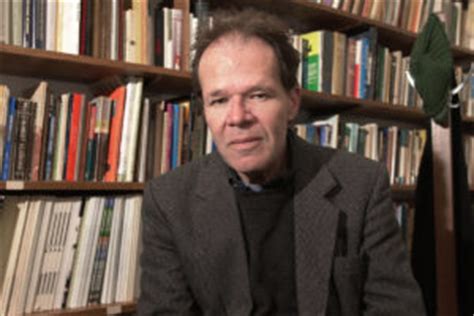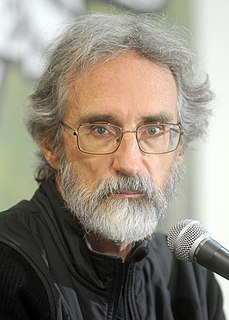A Quote by Rollo May
Recall how often in human history the saint and the rebel have be the same person. (p. 35)
Related Quotes
The history of science, like the history of all human ideas, is a history of irresponsible dreams, of obstinacy, and of error. But science is one of the very few human activities-perhaps the only one-in which errors are systematically criticized and fairly often, in time, corrected. This is why we can say that, in science, we often learn from our mistakes, and why we can speak clearly and sensibly about making progress there. In most other fields of human endeavour there is change, but rarely progress ... And in most fields we do not even know how to evaluate change.
I do believe that we all are, fundamentally, divided creatures. Emotions split from intellect, spirit from flesh and far too often sexuality is disconnected from what we feel, and are, as total human beings. But how, for example, can anyone have an understanding of the virgin if they don't also have an understanding of the prostitute, the saint and sinner in one body?
Often when people first hear this part of the Secret they recall events in history where masses of lives were lost, and they find it incomprehensible that so many people could have attracted themselves to the event. By the law of attraction, they had to be on the same frequency as the event. . . .those thoughts of fear, separation, and powerlessness, if persistent, can attract them to being in the wrong place at the wrong time
The function of the rebel is to shake the fixated mores of the rigid order of civilization; and this shaking, though painful, is necessary if the society is to be saved from boredom and apathy. Obviously I do not refer to everyone who calls himself a rebel, but only to the authentic rebel. Civilization gets its first flower from the rebel.




































